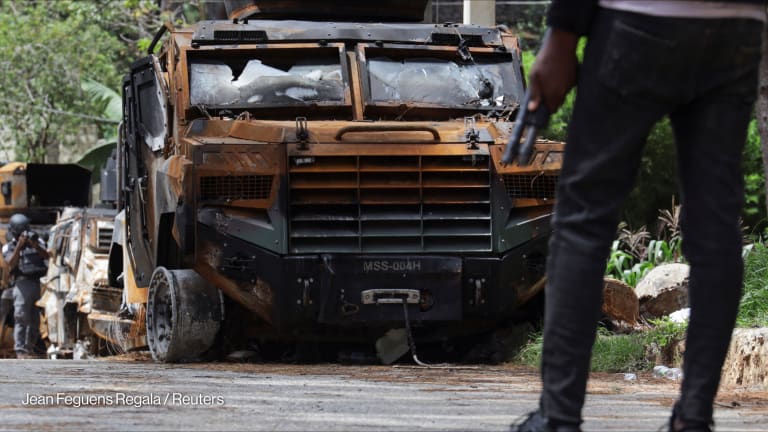
U.S. non-governmental organizations are increasingly becoming pawns of the government’s counter-insurgency operations, particularly in Afghanistan and Pakistan, one policy analyst observes.
David Rieff says it started with policies by the Bush administration, which essentially forced NGOs to act on the civilian side of U.S. military counter-insurgency operations in Afghanistan and Pakistan in order to secure government funding. He adds that NGOs resisted this and hoped the Obama administration would cut the link between civilian and military counter-insurgency activities. It did not happen.
“If anything, the Obama administration has tightened rather than loosened the linkage between aid to Afghanistan and Pakistan and its political and military aims in the region,” Rieff says in the an opinion piece published in the New Republic.
The White House has also decided to channel a big chunk of the USD500 million fund it approved this year for Pakistan through the U.S. embassy in that country and directly to the Pakistani government instead of the U.S. Agency for International Development, Rieff argues.
“Effectively, this puts the aid budget under the control of Richard Holbrooke, the Obama administration’s special representative for Afghanistan and Pakistan, and marginalizes AID and the NGOs,” he explains.
Rieff adds that, according to a USAID official, President Barack Obama participates in monthly conferences with USAID where he instructs that U.S. government resources be used to support national security interests.
“USAID officials are clearly interpreting that–rightly or wrongly–as an instruction to direct most of their money to the hottest spots,” Rieff says. “As a result, the NGOs are seeing development priorities follow the battle space.”








